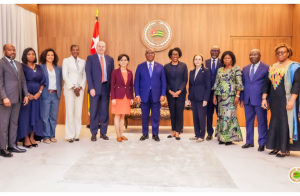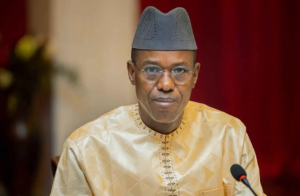Niger: The threat of military intervention by ECOWAS, a gloomy omen for the region
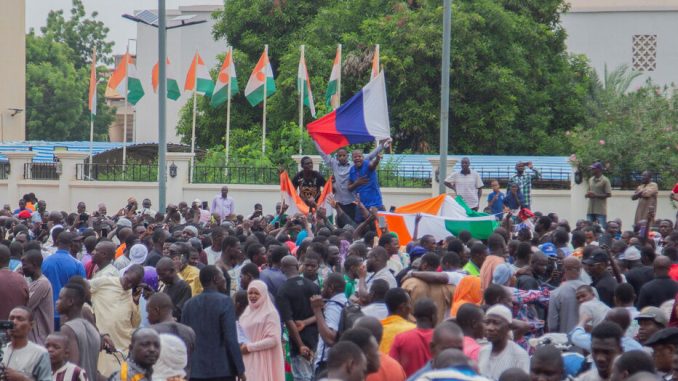
The ongoing crisis in Niger has placed the West African nation at the epicenter of a growing geopolitical and military conflict with far-reaching implications for the region. As ECOWAS meetings intensify, speculation about an armed intervention looms large, raising critical questions about its consequences for Niger and the broader narrative of African sovereignty.
Mounting political and military tensions
Since the onset of Niger’s transition, regional and international pressure to restore constitutional governance has escalated. Recent troop deployments near strategic borders with Nigeria and Benin suggest preparations for potential military action, sparking fears of a looming conflict.
This military buildup, coupled with uncompromising rhetoric, leaves little room for dialogue.
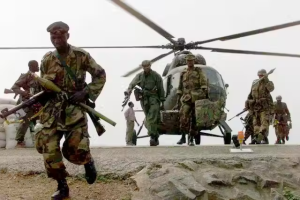
The Pretext of Legality
ECOWAS, under the guise of promoting constitutional order, has become a focal point for justifying intervention.
Observers claim that such actions align more closely with broader geopolitical interests, particularly those of France, which has a history of interventions in Africa under the pretext of legitimacy.
Lessons from past interventions in Libya and the Central African Republic underscore the risks of this approach, which often leads to destabilization rather than resolution.
Risks of escalation
A coordinated military strike on Niger would likely bring devastating humanitarian consequences.
Civilians caught in the crossfire could face widespread displacement and destruction of critical infrastructure, plunging the nation further into crisis.
Sovereignty in Jeopardy
At the heart of the crisis is the question of African sovereignty. Critics of external interference argue that interventions have historically prioritized economic and geopolitical gains over local welfare.
Niger, rich in natural resources and strategically positioned, exemplifies this struggle.
A Call for African solutions
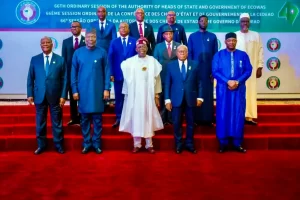
ECOWAS and African leaders face a pivotal moment. By prioritizing dialogue and respecting Niger’s sovereignty, they have an opportunity to redefine crisis resolution on the continent.
Rather than perpetuate dependence on foreign interests, the focus should shift toward African-led solutions that uphold the will of the people.
As the crisis deepens, the path forward requires a commitment to diplomacy and a rejection of agendas that threaten to undermine the continent’s independence.
Niger stands as a test case for Africa’s ability to assert its autonomy and protect its future.
Titi KEITA








